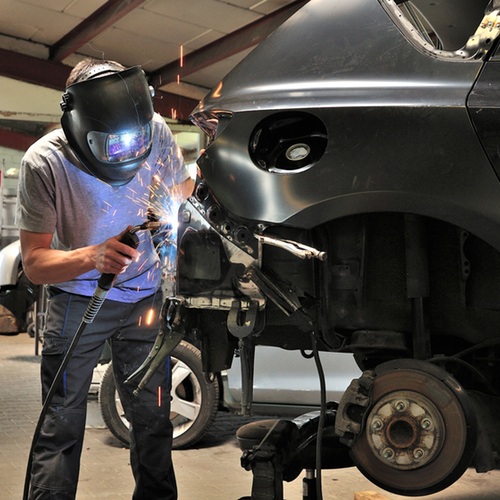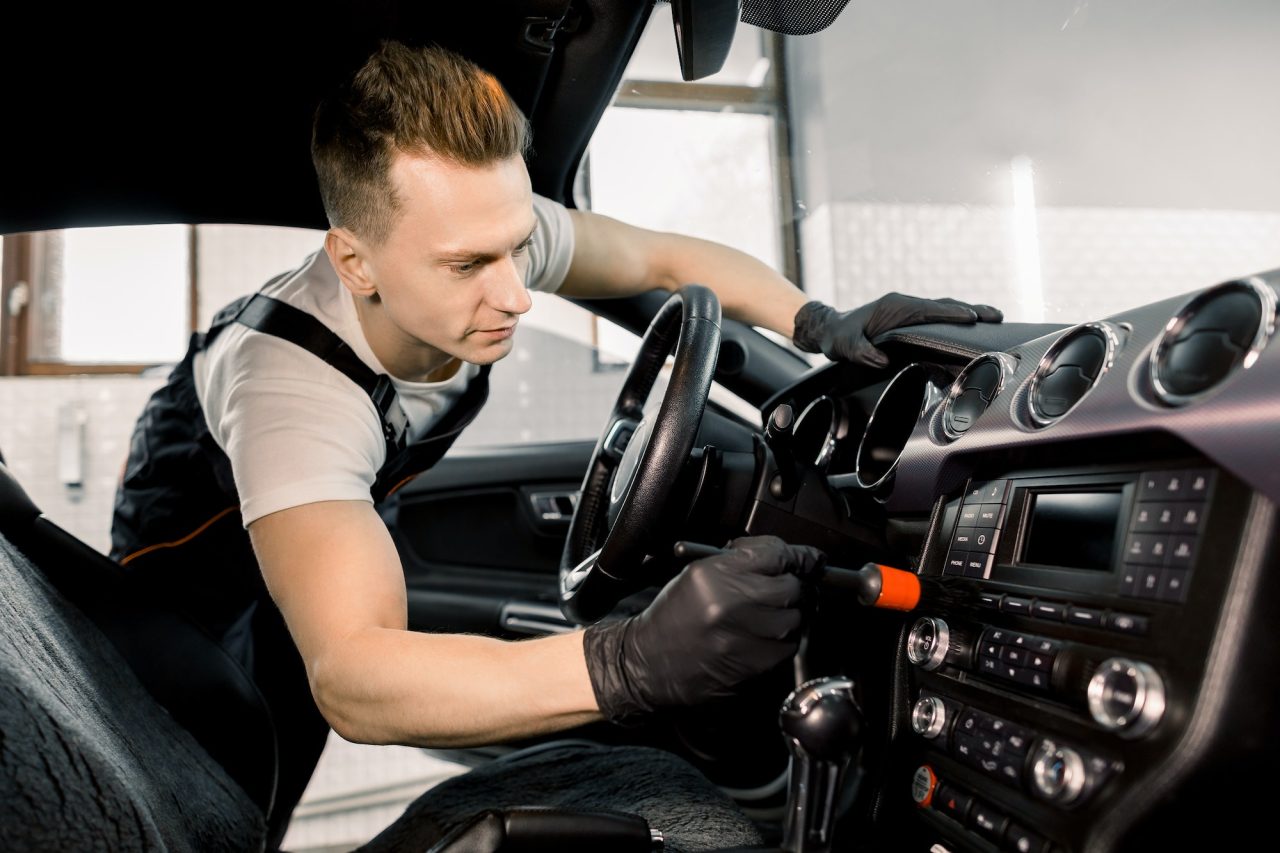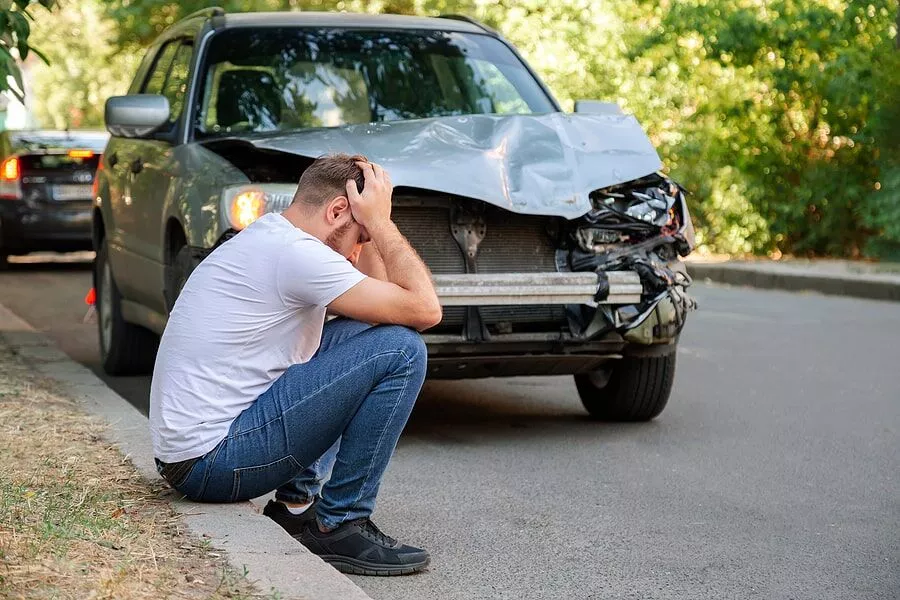Do Your Best To Contact The Body Shop First!!!
Things can be chaotic immediately after a crash, but following some basic steps can make filing your claim a little easier:
Think about your safety and those around you before thinking about insurance; if someone is injured, call 911.
Stay calm; being in a car accident is scary but getting upset will make things worse.
There’s no need to call the police if you only have a dinged bumper or a scratched door.
Before an Accident
Being prepared can prevent stress after an accident. Keep a copy of your insurance information and a pen and paper in your car; it will make the post-accident process much easier. Since most mobile phones come with a camera, take a shot of the scene, after you are out of danger. You are required by law to have proof of your insurance with you, and insurers provide cards that carry all of your relevant insurance information.
Get Off the Road
After a crash, it’s important to get to safety as quickly as possible.
Before you start gathering information from the other driver after a crash, it’s important to get to safety as quickly as possible. If you had a minor fender bender, you don’t have to leave the cars where they are. Often, the police will not come to file a report on a minor accident. Safely move out of the way of traffic, but if you can’t move your car without causing further damage, don’t try. Your insurance company should be able to hire a tow truck to move it for you.
Watch What You Say
After an accident, you should speak to the other driver only to get his or her information and to make sure the driver is OK. Don’t admit fault or say “I’m sorry” during your conversation, as it could be used against you in future proceedings.
Gather Information
Your insurance company will need information to process your accident claim. Some insurance providers offer forms that can help you get organized while gathering information. You may need information from the other drivers involved, the name of your insurance representative and whether your car is damaged and how badly.
Write down the following information of the people involved
- Name
- Address
- Phone number
- Email address
- Make, model and year of the car
- License plate number
- Insurance carrier
- Insurance policy number
- Damage to your vehicle
- Accident location
- People involved with the accident
Get information from the Police Officer if one is on the scene:
- Name
- Badge or ID number





